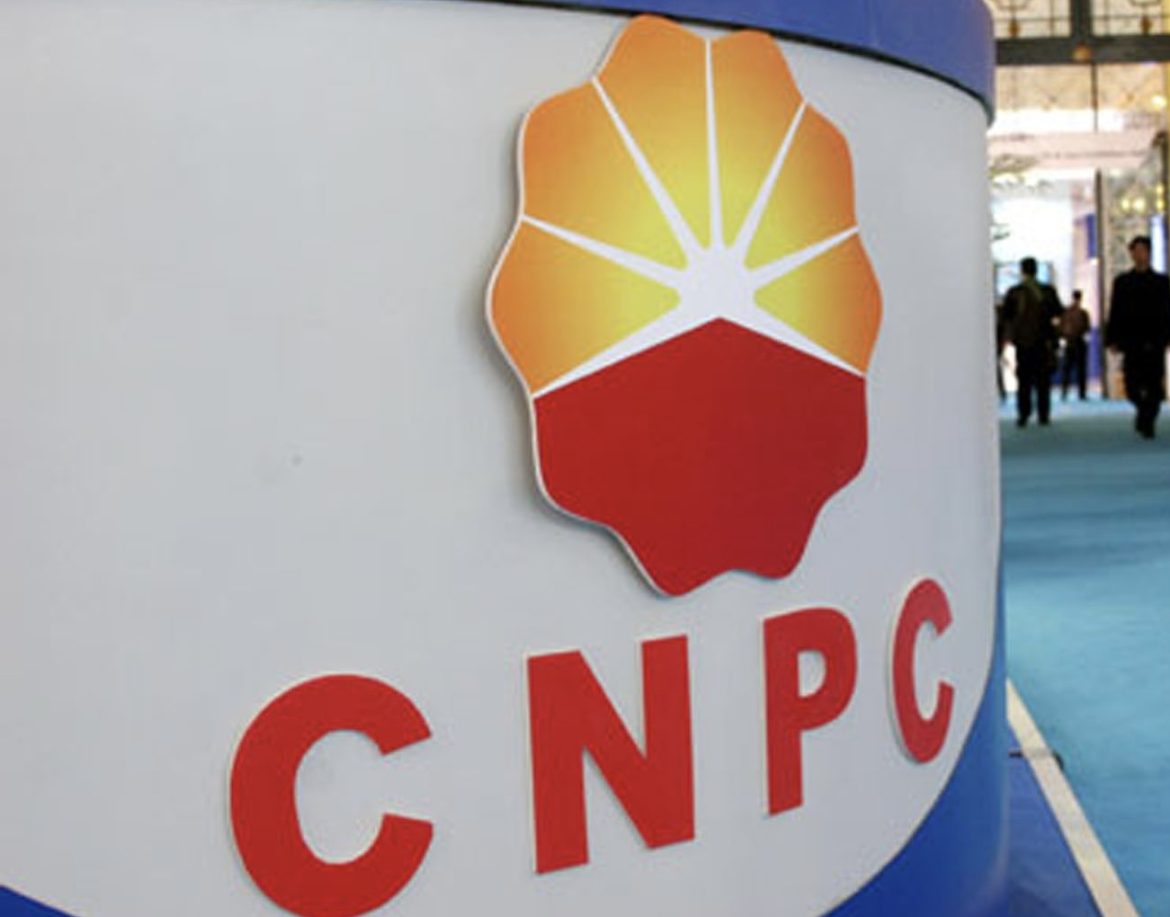KEY POINTS
- Chinese oil giant CNPC continues exporting oil from Niger despite labour and political disputes.
- Niger seeks 80% local workforce participation, clashing with CNPC over feasibility.
- Oil exports from Agadem field have generated over $2 billion in revenue since expansion.
China’s state-run oil company CNPC has quietly maintained crude exports from Niger’s Agadem oilfield even as negotiations drag on with the country’s military-led government over demands for greater local participation and improved working conditions.
According to sources familiar with the talks, the dispute centred on the government’s push to replace Chinese expatriates with Nigerien nationals has been simmering since March, when three senior CNPC executives were expelled.
Despite the tensions, operations have remained uninterrupted, with the company shipping more than 32 million barrels of crude and earning roughly $2 billion in export revenue.
The standoff has laid bare the political complexities of resource nationalism in Africa’s Sahel region, where new military governments have become increasingly assertive in renegotiating deals with foreign investors. Niger’s junta, which seized power in 2023, wants CNPC to increase the share of local workers on its projects from below 30% to at least 80%, a target the company has argued is unrealistic due to skill shortages.
Talks Strain Relations but Exports Continue
CNPC’s Niger operations are among its most ambitious overseas projects, involving more than $5 billion in cumulative investment across exploration, production, refining, and pipeline infrastructure. The Agadem field, expanded under a second development phase, now produces about 90,000 barrels per day. Crude is piped nearly 2,000 kilometres south to Benin’s Cotonou port for export to buyers in Europe and Asia.
While the Nigerien oil minister earlier ordered the termination of long-serving Chinese expatriates, the directive has yet to be fully enforced, according to three Niamey-based officials. Letters sent in May sought to accelerate their removal but were met with resistance from CNPC, which says experienced engineers are vital for operations.
The company holds a 65% stake in the Agadem field, with Taiwan’s CPC Corporation owning 20% and the Nigerien state the remaining 15%. The Meleck crude produced there is prized for its low sulphur content, making it ideal for marine fuel blends.
Priced between $65 and $70 per barrel, the oil has become a critical revenue source for Niger’s cash-strapped government, even as political frictions threaten to strain the relationship. CNPC’s first phase, launched in 2011, already feeds the Soraz refinery in southern Niger, which supplies domestic fuel demand.
For Niger, the oil sector represents one of few viable economic lifelines in a region destabilised by coups and insurgency. For CNPC, it is both a symbol of China’s deepening influence in Africa and a reminder of the mounting political risks that come with it.



